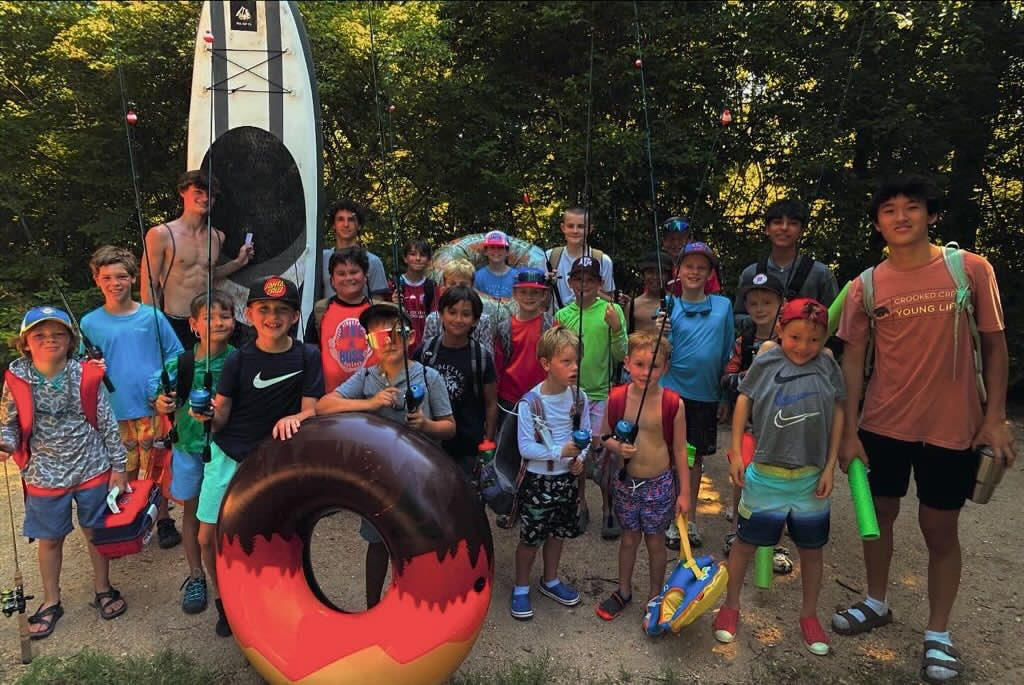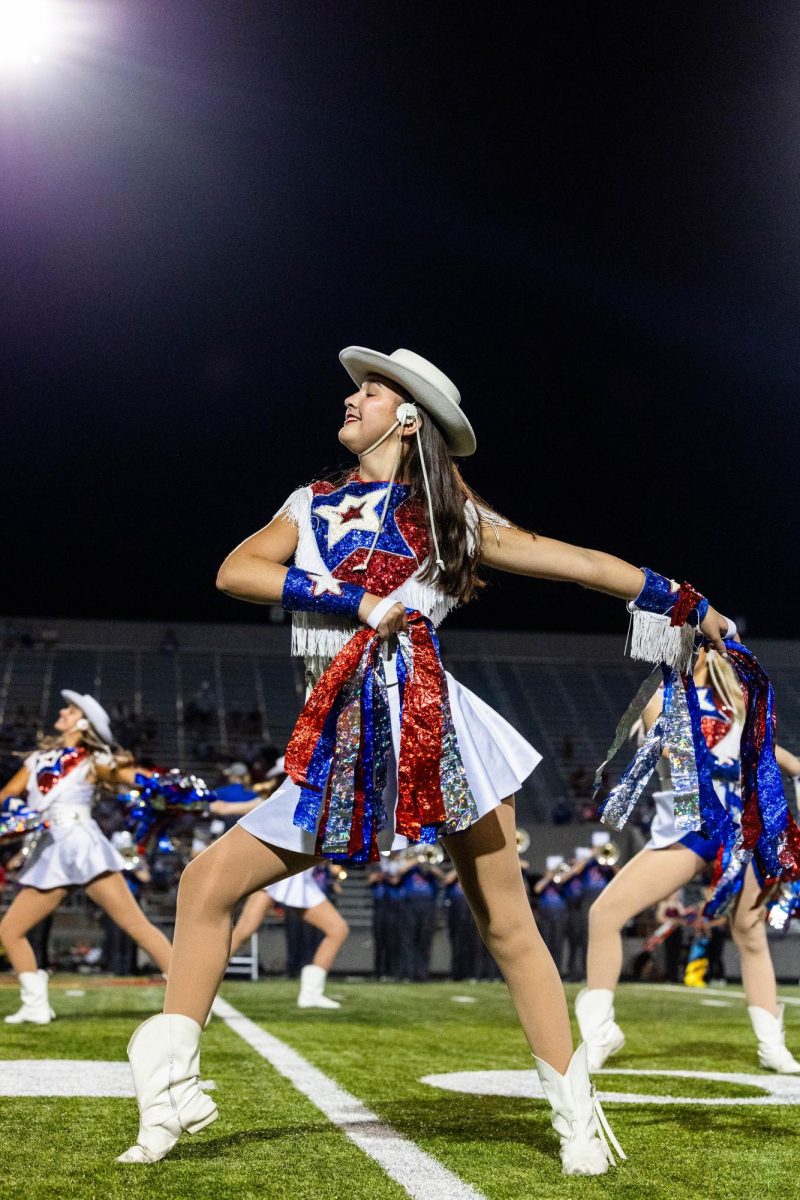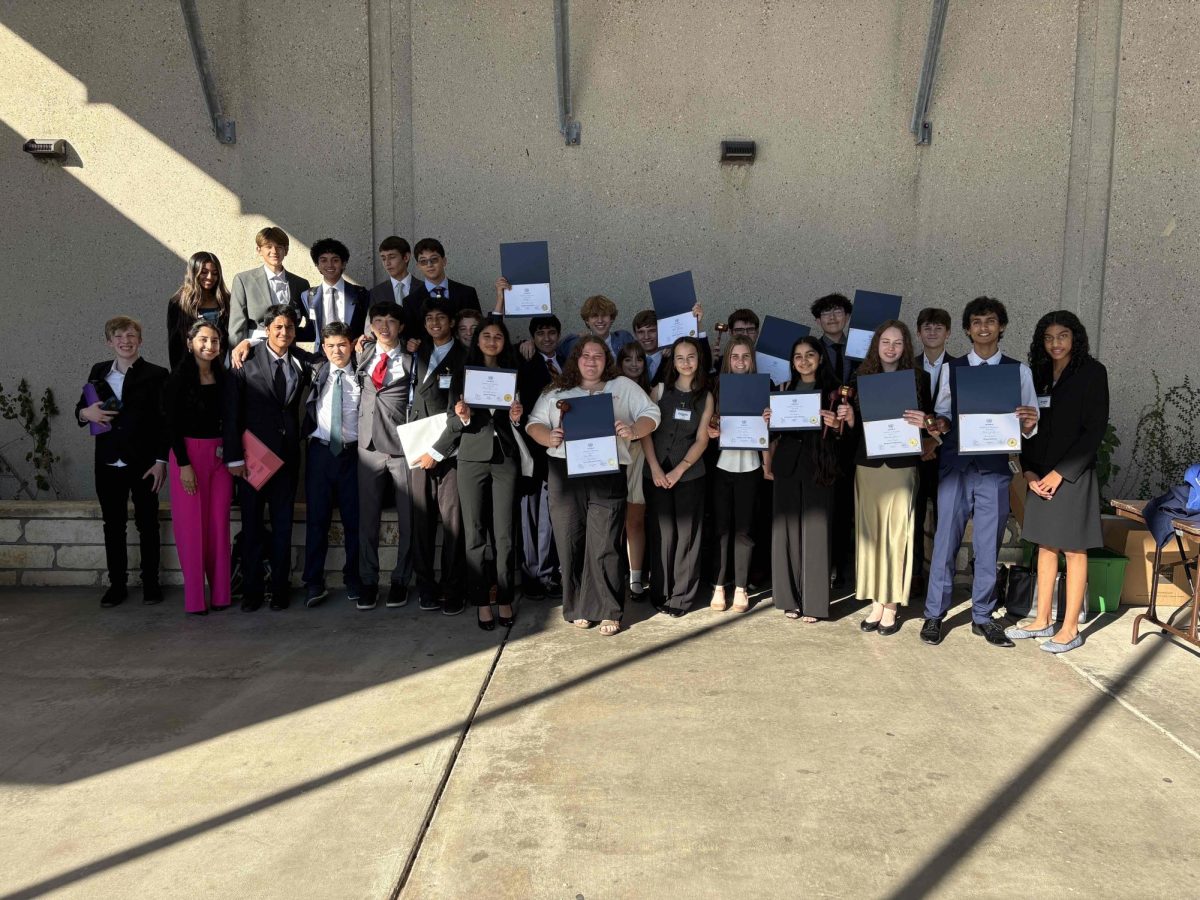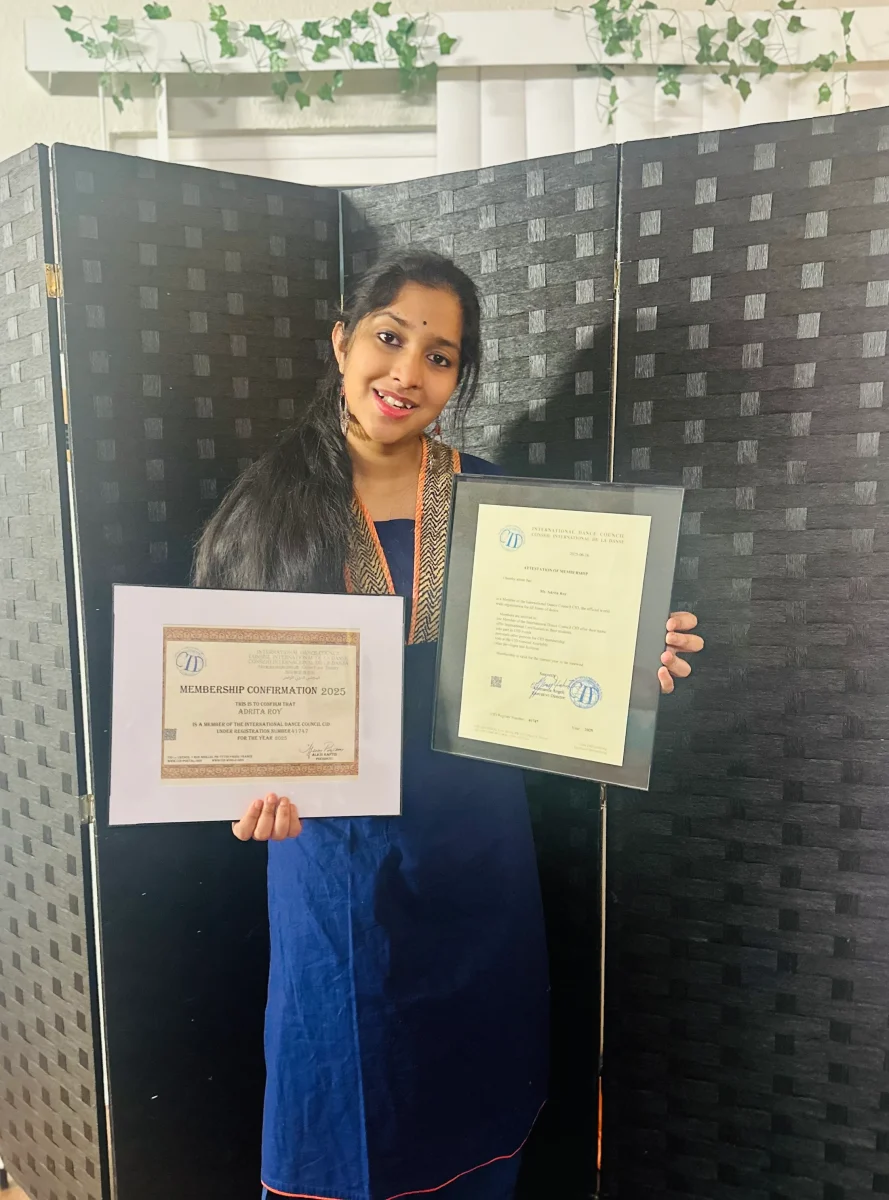While most of the student body navigated online school and lockdown boredom during the summer of 2020, Lucas Lebrija, then 14, was launching a business.
Lucas and his brother Nicolas founded a homemade, grassroots fishing camp along Lady Bird Lake, which has since become a staple of Austin summers for kids seven and older. Now entering its sixth year, the Lady Bird Lake Fishing Camp, run by Lucas, draws dozens of kids each season and keeps growing through word of mouth and community trust.
“Starting the camp was really about getting kids back outside,” Lucas said. “The pandemic made everyone so attached to screens. Lady Bird just made sense, it is public, it is beautiful, and the fishing is actually pretty decent.”
In 2020, the camp only had eight campers, some basic equipment and a basic goal: to create a low-cost, hands-on outdoor experience for local kids.
Each day starts with a game, often ninja, capture the flag or sharks and minnows, while campers check in. Afterward, the group takes a swim break, followed by a lesson on tying knots, identifying local fish species or understanding the environment around them. The rest of the session is focused on activities like fishing, rope swinging, paddleboarding and canoeing.
“I kind of wanted it to feel like the kind of camp I would’ve wanted as a kid,” Lucas said. “Not one where you sit through instructions for half the day.”
The early challenges were less about logistics and more about earning trust. Lucas had to convince parents to leave their kids in the care of a teenager running a camp on public land.
“I had to figure out how to talk to adults, to sound professional, to show them I was serious,” he said. “Once a few trusted me, others followed.”
Transportation has remained straightforward and simple. Parents drop off their kids near the trail, and everything else is done on foot along the hike-and-bike paths around the lake.
“At first, we would literally just walk around the lake all day, because the fun there was endless, and we never really got bored”
The camp’s early reach came through friends and neighbors, and it has continued to grow organically. Most campers today come through word of mouth or direct outreach. Lucas, along with his team, print flyers and speak to parents in person, which Lucas believes is more effective than online advertising.
“Honestly, we never really relied on social media,” he said. “We hand out flyers, talk to people, and give them a quick pitch. That face-to-face trust has worked better than any post ever could.”
The camp has also had a few unexpected moments. During the first year, a camper accidentally hooked himself in the leg while swinging around a tackle box. The incident required an ambulance, but Lucas said the parent(s) was understanding and supportive.
“It wasn’t a big emergency, but yeah, it happened,” he said. “Things like that teach you how to stay calm and handle situations.”
Since then, the camp has expanded both in size and overall structure. More amusing and lucrative activities have been added, gear has improved, and a small rental program allows families to pay extra for rods and tackle kits. Campers can bring their own gear, or pay $25 to borrow a full setup.
As the program has grown quite a bit, so has Lucas’s teaching style. When helping beginners, he focuses on patience and letting campers figure things out.
“I let them struggle for a bit, then help guide them through it,” he said. “It sticks better when they solve it themselves.” “The thing kids need the most today is patience, especially in this time because of growing social media patterns.”
Financially, the camp has become a great source of summer income. But Lucas says the success doesn”t come from advertising or expansion, but from the experience itself.
“Parents tell other parents their kid had the best week of the summer,” he said. “That is what brings people back. It has nothing to do with flash.”
Now in college, Lucas plans to keep running the camp during summers and eventually expand. He is looking into securing private land and possibly opening future locations outside of Austin.
“Austin has some of the best public spaces in the country,” he said. “But long term, we want something permanent. Private land, more resources, maybe one day other cities.”
For now, the camp is still about the basics. It is about getting outside, learning something new, and doing it alongside others.
“It started with a rod, a lake, and a few friends,” Lucas said. “And that’s still what it is.”







